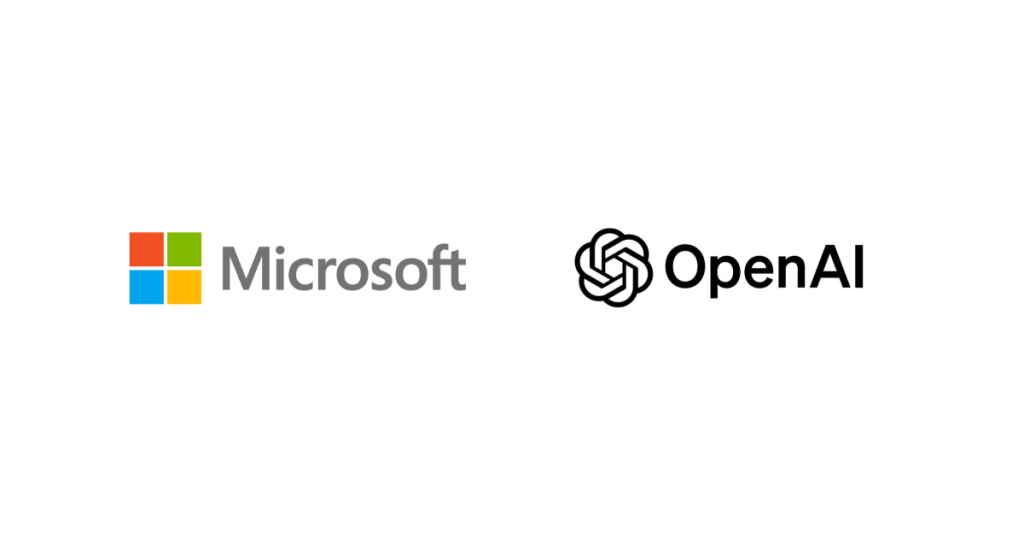In a significant move aimed at bolstering local journalism, OpenAI and Microsoft have announced a $10 million investment in a new fellowship program designed to help news organizations integrate artificial intelligence (AI) technologies into their operations. The initiative, unveiled on October 22, 2024, is a partnership with The Lenfest Institute, a nonprofit dedicated to promoting sustainable practices within the local news ecosystem.
Purpose of the Fellowship Program
The funding will be distributed to five prominent local news outlets: the Minnesota Star Tribune, Chicago Public Media, the Philadelphia Inquirer, the Seattle Times, and Newsday, which is based on Long Island. Each of these organizations will receive a grant to hire an AI fellow for a two-year period. The primary objective of these fellows will be to explore and implement AI-driven projects aimed at enhancing business sustainability and operational efficiency within their respective newsrooms.
According to Jim Friedlich, executive director and CEO of The Lenfest Institute, the program seeks to empower local newsrooms by fostering the exploration of AI business solutions while adhering to ethical standards. “Through these fellowships — and by sharing results with the broader news industry — we will help empower local newsrooms to explore, implement, and advocate for AI business solutions that uphold the highest ethical standards while strengthening their future prospects,” Friedlich stated.
Breakdown of the Funding
The total $10 million funding comprises $2.5 million each from OpenAI and Microsoft, along with an additional $2.5 million in the form of software and enterprise credits provided by both companies. This collaborative financial commitment reflects the growing recognition of AI’s potential to support local journalism, particularly as many news organizations face mounting challenges in the digital age.
The Current Landscape of Local News
The fellowship program emerges at a critical juncture for the news industry, which is grappling with the impact of AI on content creation and distribution. Recently, the New York Post and Dow Jones filed a lawsuit against Perplexity AI, alleging the unauthorized copying of their articles. This case underscores the tension between traditional journalism and the rising influence of AI in news production, highlighting concerns about copyright infringement and the ethical implications of using AI-generated content.
Moreover, public sentiment toward AI-generated news remains lukewarm. A June survey conducted by the Reuters Institute and the University of Oxford found that only 36% of respondents felt comfortable consuming news created by humans with the assistance of AI. The numbers plummeted to just 19% when it came to news primarily generated by AI, indicating a widespread skepticism toward AI-driven journalism.
OpenAI’s Perspective on AI in News
The skepticism surrounding AI-generated news is echoed within OpenAI itself. Varun Shetty, the head of media partnerships at OpenAI, recently expressed doubts about the appeal of AI-generated content. “No one wants to read AI-generated news,” he remarked, highlighting a significant hurdle that the fellowship program aims to address: fostering trust and credibility in AI-assisted journalism.
Potential Benefits of the Fellowship
Despite these challenges, the fellowship program presents an opportunity for local news organizations to rethink their operational strategies. By investing in AI technology, these outlets can enhance their ability to gather and analyze data, streamline editorial processes, and better engage with their audiences. The integration of AI tools could lead to innovative solutions for revenue generation, audience retention, and content creation that aligns with journalistic standards.
Moreover, the shared experiences and outcomes from the fellowship projects could serve as a valuable resource for the broader news industry. As participating newsrooms experiment with AI, their findings and best practices could be disseminated across the sector, helping other organizations navigate the complexities of AI integration.
Conclusion
OpenAI and Microsoft’s $10 million investment in the local news fellowship program represents a crucial step toward revitalizing the journalism landscape through AI. By focusing on ethical implementation and sustainability, this initiative aims to empower local news organizations to leverage AI technologies while addressing public concerns about trust and accuracy in reporting. As the news industry continues to evolve, collaborations like this may prove essential in shaping a future where technology and journalism can coexist productively, ultimately benefiting communities and enhancing the quality of news coverage.
